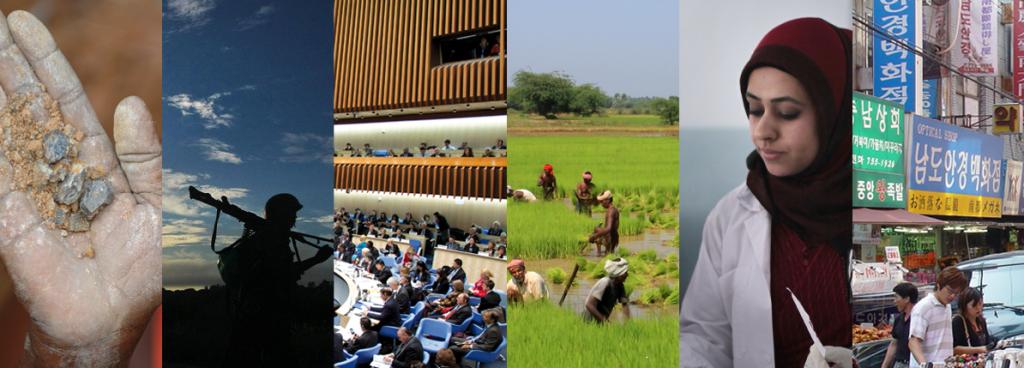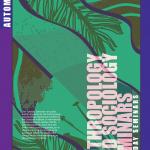Abstract
In this presentation, I will share the research conducted within the Forensic Oceanography project over the last years, in the aim of documenting and analysing border violence in the Mediterranean Sea. I will argue that the policing and the crossing of the EU’s maritime frontier generate a particular aesthetic regime – understood as what presents itself to sensory experience. Distinct conditions of (in)visibility and (in)audibility are imposed by states’ restrictive policies, but are also shaped, transformed, and contested by multiple other actors, including migrants’ themselves. Understanding this shifting aesthetic regime and the way it shapes border violence has been crucial to our project. Through several cases, I will demonstrate that to contest the violence of borders, one must also challenge the boundaries of what can be seen and heard. These boundaries however are highly ambivalent and in constant flux, and demand careful positioning.
About the Speaker
Charles Heller is a researcher and filmmaker whose work has a long-standing focus on the politics of migration. In 2015, he completed a PhD in Research Architecture at Goldsmiths, University of London, where he continues to be affiliated as a research fellow. He is currently based in Geneva, conducting a postdoctoral research supported by the Swiss National Fund (SNF).
Together with Lorenzo Pezzani, in 2011 he co-founded Forensic Oceanography, a collaborative project that critically investigate the militarized border regime in the Mediterranean Sea, as well as the WatchTheMed platform. Together with a wide network of NGOs, scientists, journalists, and activist groups, he has produced maps, video animations, installations and human right reports that attempt to document and challenge the ongoing death of migrants at sea. His work has been used as evidence in courts of law, published across different media and academic outlets and exhibited widely.
For more information on ANSO Seminars for Fall 2019, click here.




